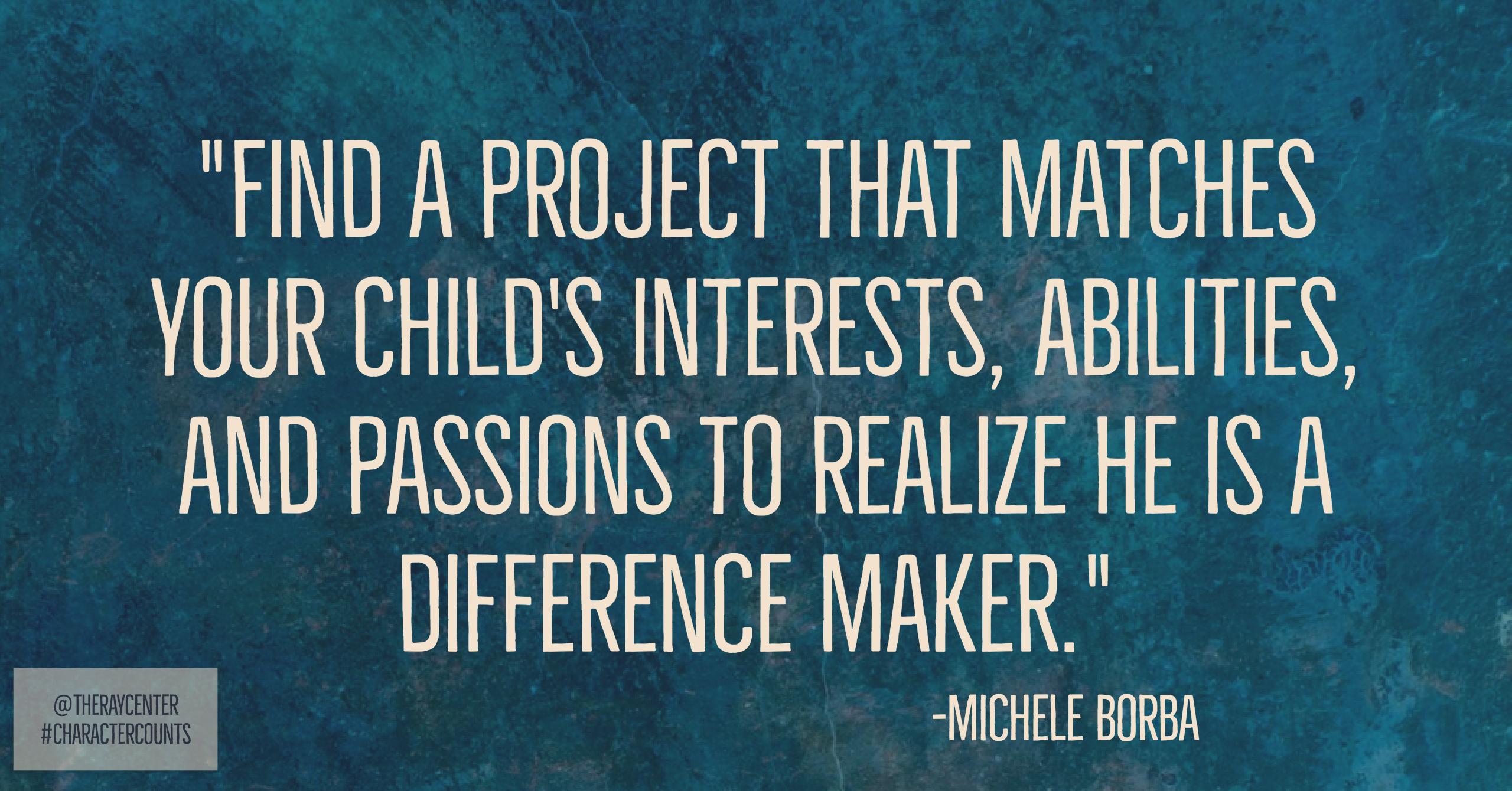Folks who advance their career on the backs of others
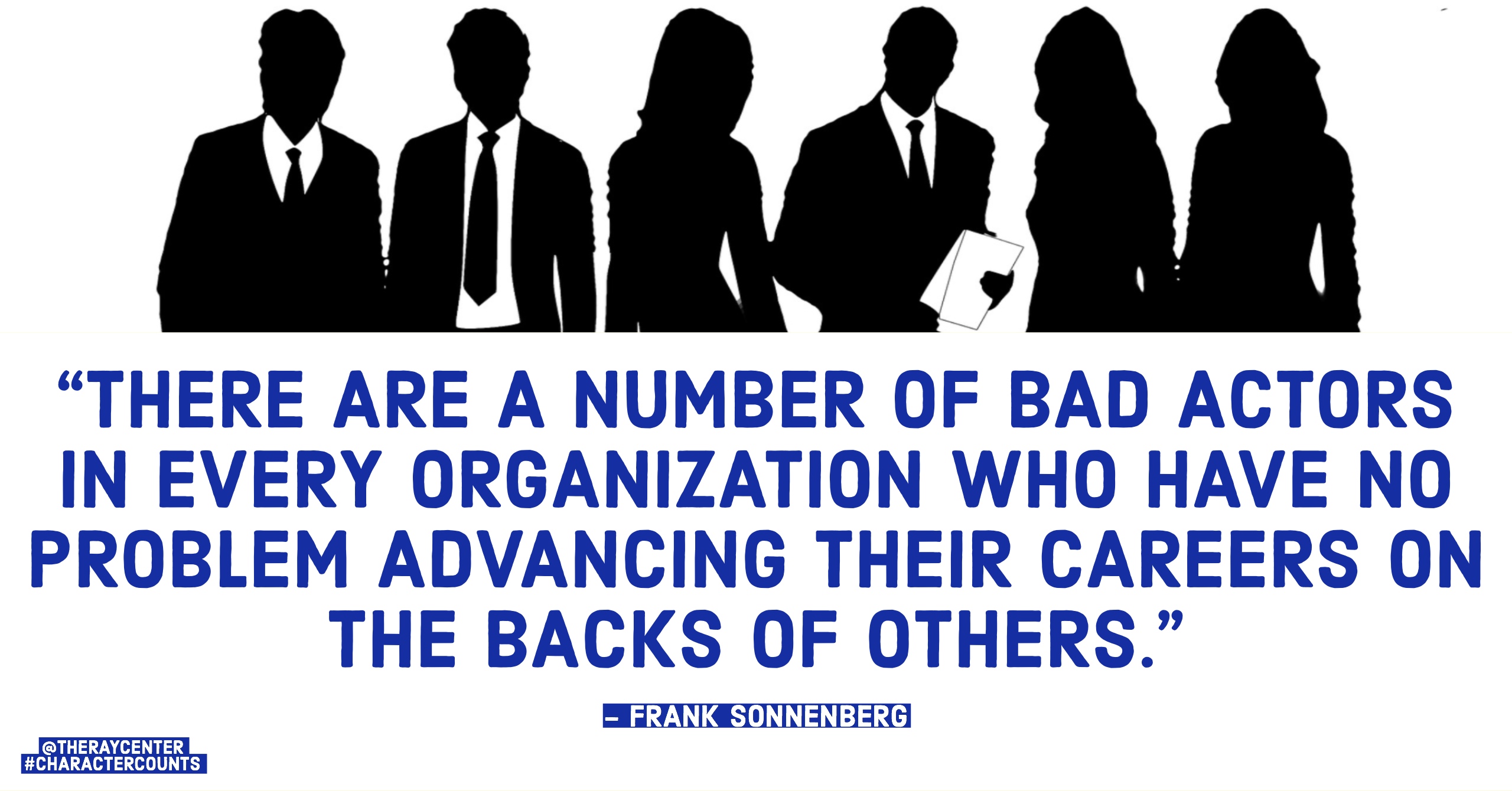
From our guest contributor, Frank Sonnenberg
Despite the fact that the majority of people play by the rules and try to do the right thing, there are a number of bad actors in every organization who have no problem advancing their careers on the backs of others. Here are some you may recognize:
Emperors. These people climb the corporate ladder by capitalizing on who they know and where they’ve been, rather than on what they’re contributing today. They may have friends in high places, have their walls filled with diplomas, or have previously worked for a blue-chip company. They’re like an oasis. They may look wonderful from a distance, but the closer you get, the more obvious it becomes that it’s all just a mirage. In this case, emperors truly have no clothes.
Pretty Boys (or Girls). These people really look the part. They are the trendiest dressers, belong to the finest country clubs, and look like they could be on the cover of Vogue or GQ. Similar to Emperors, the Pretty set rise up the corporate ladder based on appearance rather than performance. But their veneer is thin, and when the spotlight gets too bright, you can begin to see right through them. In this case, you shouldn’t judge a book simply by its cover.
A– Kissers. These people spend all their time fawning over their superiors. You need to reduce costs? No problem. We just won’t give people raises this year. (Too bad there’s only enough for management.) These A– Kissers spend 99.9 percent of their time in closed-door management meetings with little time to provide direction for their own team — regardless of the impact that it has on results. In this case, it’s only a matter of time before their people say “ENOUGH!” and tell THEM to kiss off.
Delegators. They say there are only two kinds of people, those who are willing to work and those who are willing to let them. These counterfeit superstars are in the latter group. They have the power to say: “You want something done? No problem. In fact, rather than get it to you by Friday, how about tomorrow morning?” Then they get their staff to stay late while they walk out the door at 5 p.m. These people always volunteer for more work; are calm, cool, and collected; and have the cleanest desks in the office. How is that possible? It’s because they delegate everything! In this case, the only thing that stops at their desk is the credit they don’t deserve, not the work.
Schmoozers. These folks could win an award for Mr. or Ms. Congeniality. Everybody loves them. Schmoozers know all the ballgame stats; they know how to tell a joke; and they’re up-to-date on the inside dirt. Their colleagues like them so much that they don’t mind taking on their workload while the schmoozer is entertaining clients elsewhere. In this case, work is a party for schmoozers.
Bystanders. These slouches do just enough to get by. They’ve been with the organization for a zillion years, rarely speak up, never make waves, and would make themselves invisible if they could. They spend their day moving piles of paper on their desk while they watch everyone else go crazy trying to get the job done. In fact, when they’re out on vacation, nobody even knows they’re missing. In this case, the last survivors on Earth, along with cockroaches, will be the bystanders.
Scavengers. These are the types who take the credit for everybody else’s work. They surround themselves with wonderful, talented people and spend the day determining if there’s an idea worth stealing and fine-tuning their personal PR machine. In this case, they’ll continue to rise up the company ranks as long as their “credit” remains good.
Busybodies. These individuals spend their whole day trying to prove how busy they are — rather than getting anything done. Whenever they’re asked to do something, they spend twenty minutes describing how much work they have on their plate. In this case, if busybodies ever needed a role model, they could look to a turnstile—it’s out in front, goes around in circles, creates wind, but never gets anywhere.
Any of these personality types sound familiar?
This is an excerpt from Follow Your Conscience by Frank Sonnenberg released November 2014.
 Frank is an award-winning author. He has written six books and over 300 articles. Frank was recently named one of “America’s Top 100 Thought Leaders” and one of America’s Most Influential Small Business Experts. Frank has served on several boards and has consulted to some of the largest and most respected companies in the world. Additionally, FrankSonnenbergOnline was named among the “Best 21st Century Leadership Blogs,” among the “Top 100 Socially-Shared Leadership Blogs,” and one of the “Best Inspirational Blogs On the Planet.” Frank’s new book, BookSmart: Hundreds of real-world lessons for success and happiness was released November 2016. © 2017 Frank Sonnenberg. All rights reserved.
Frank is an award-winning author. He has written six books and over 300 articles. Frank was recently named one of “America’s Top 100 Thought Leaders” and one of America’s Most Influential Small Business Experts. Frank has served on several boards and has consulted to some of the largest and most respected companies in the world. Additionally, FrankSonnenbergOnline was named among the “Best 21st Century Leadership Blogs,” among the “Top 100 Socially-Shared Leadership Blogs,” and one of the “Best Inspirational Blogs On the Planet.” Frank’s new book, BookSmart: Hundreds of real-world lessons for success and happiness was released November 2016. © 2017 Frank Sonnenberg. All rights reserved.
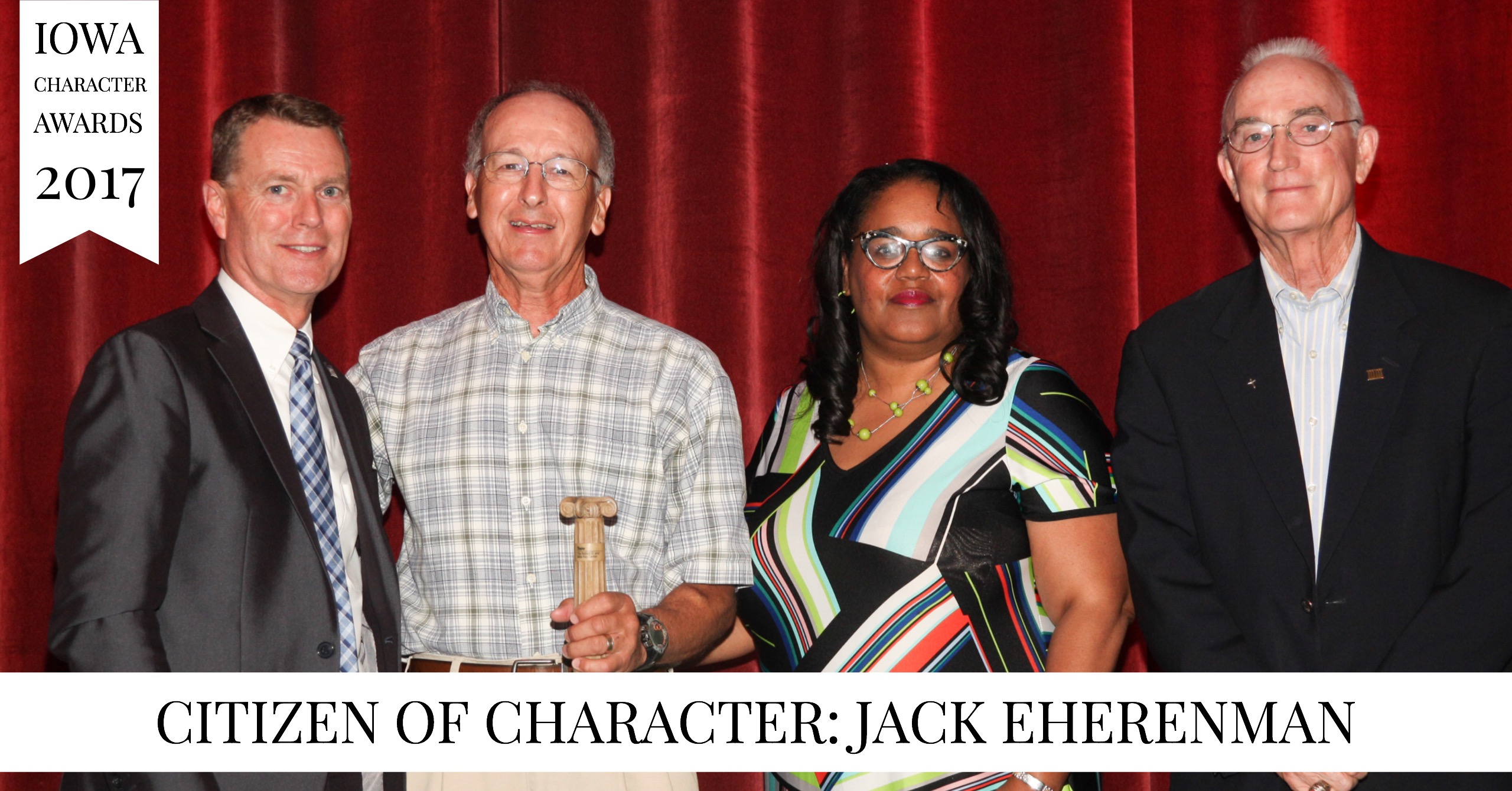
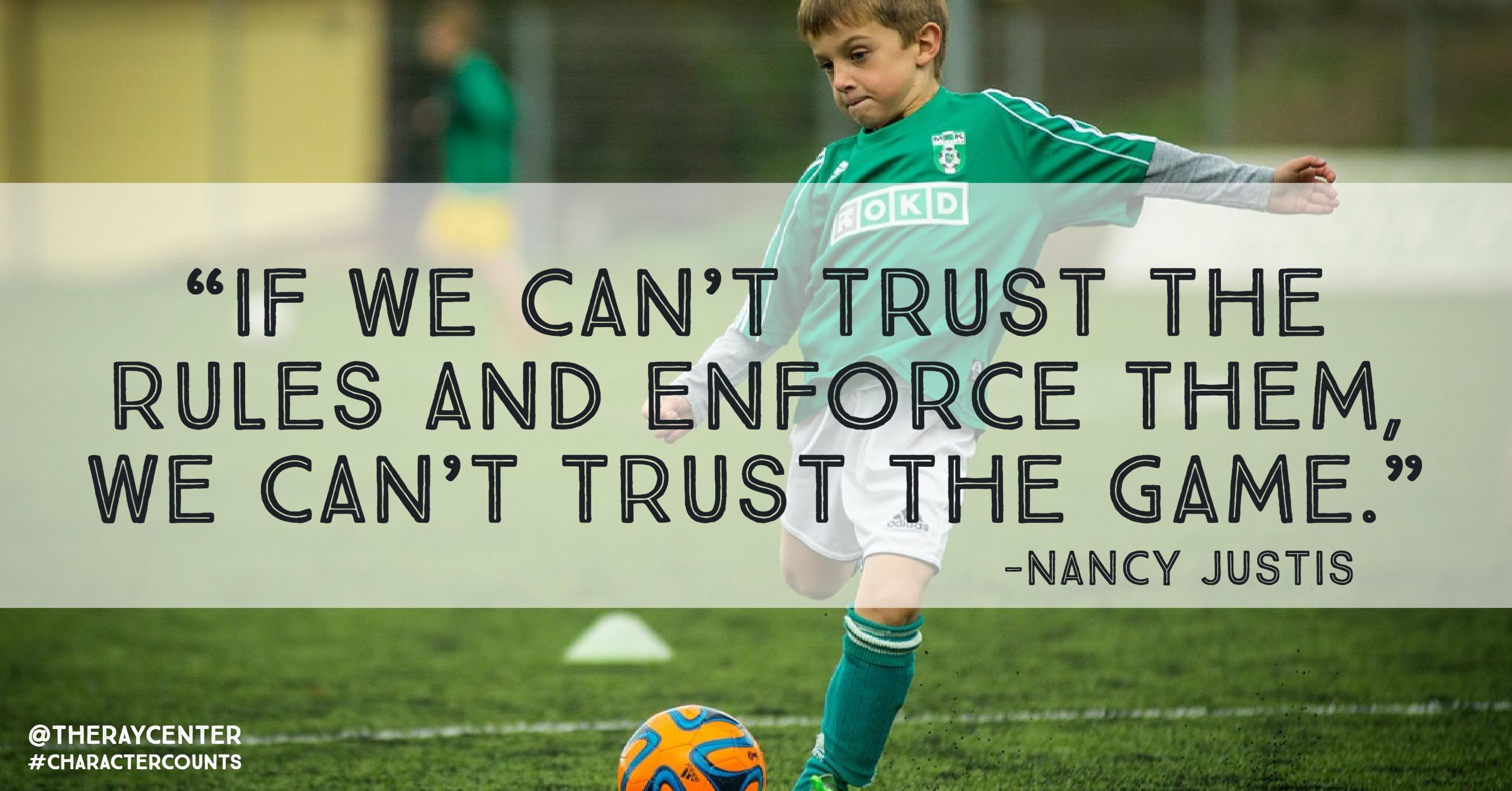
 Nancy Justis has over 40 years of journalistic experience ranging from newspaper and magazine writing and editing, to collegiate public relations. At a time when women were a virtual non-entity in the athletics media relations field, she blazed the trail. She has over 30 years of experience in the promotion of sports teams and working with student-athletes. She was Sports Information Director/Assistant Athletics Director for Media Relations at the University of Northern Iowa for most of those years, publicizing the Panthers’ nationally-recognized men’s basketball and football teams. She is a member of the Cedar Valley Character Counts Committee and serves on the board of the Cedar Valley Sports Commission. She freelance writes for various publications.
Nancy Justis has over 40 years of journalistic experience ranging from newspaper and magazine writing and editing, to collegiate public relations. At a time when women were a virtual non-entity in the athletics media relations field, she blazed the trail. She has over 30 years of experience in the promotion of sports teams and working with student-athletes. She was Sports Information Director/Assistant Athletics Director for Media Relations at the University of Northern Iowa for most of those years, publicizing the Panthers’ nationally-recognized men’s basketball and football teams. She is a member of the Cedar Valley Character Counts Committee and serves on the board of the Cedar Valley Sports Commission. She freelance writes for various publications.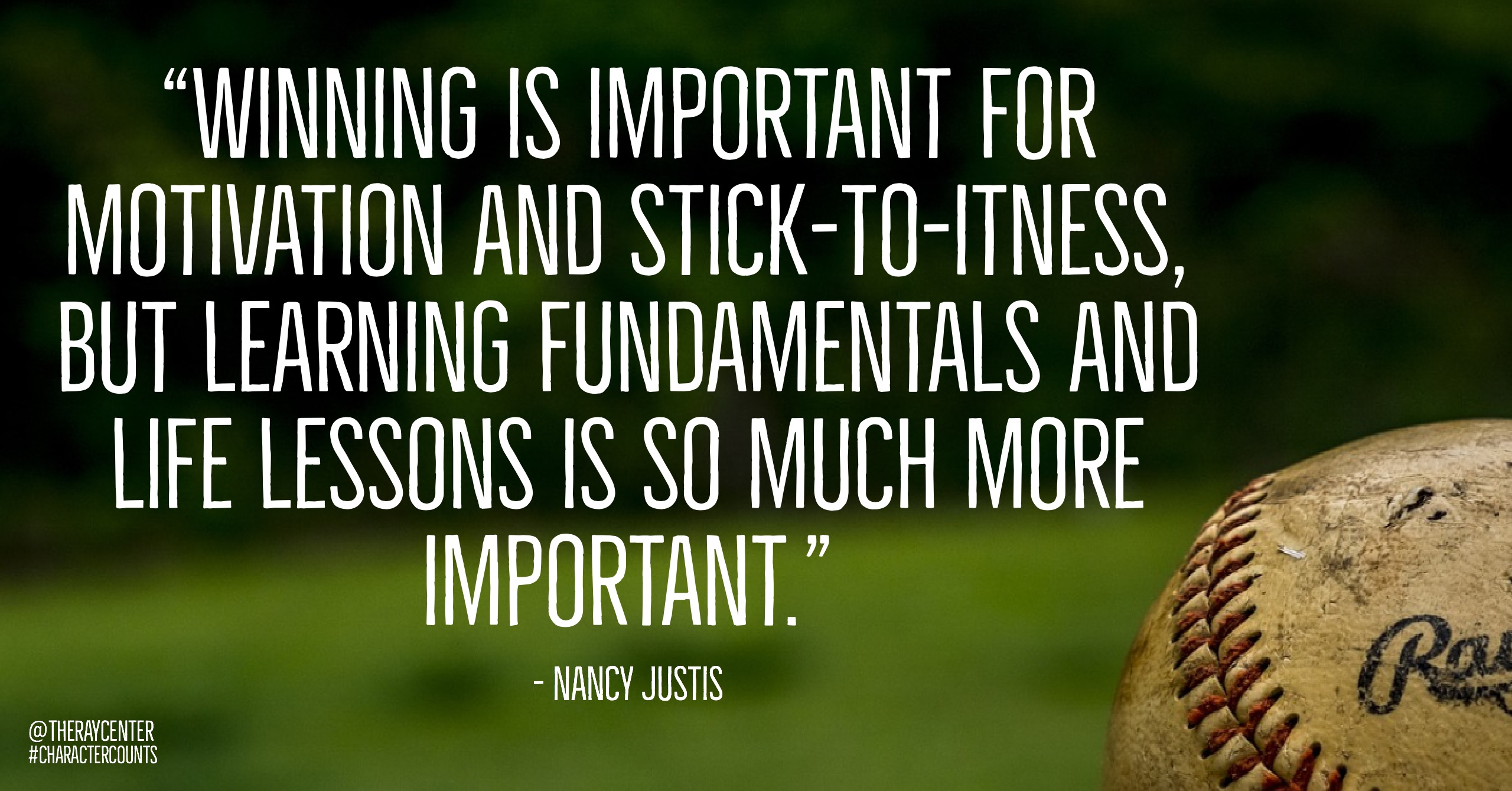
 Nancy Justis has over 40 years of journalistic experience ranging from newspaper and magazine writing and editing, to collegiate public relations. At a time when women were a virtual non-entity in the athletics media relations field, she blazed the trail. She has over 30 years of experience in the promotion of sports teams and working with student-athletes. She was Sports Information Director/Assistant Athletics Director for Media Relations at the University of Northern Iowa for most of those years, publicizing the Panthers’ nationally-recognized men’s basketball and football teams. She is a member of the Cedar Valley Character Counts Committee and serves on the board of the Cedar Valley Sports Commission. She freelance writes for various publications.
Nancy Justis has over 40 years of journalistic experience ranging from newspaper and magazine writing and editing, to collegiate public relations. At a time when women were a virtual non-entity in the athletics media relations field, she blazed the trail. She has over 30 years of experience in the promotion of sports teams and working with student-athletes. She was Sports Information Director/Assistant Athletics Director for Media Relations at the University of Northern Iowa for most of those years, publicizing the Panthers’ nationally-recognized men’s basketball and football teams. She is a member of the Cedar Valley Character Counts Committee and serves on the board of the Cedar Valley Sports Commission. She freelance writes for various publications.